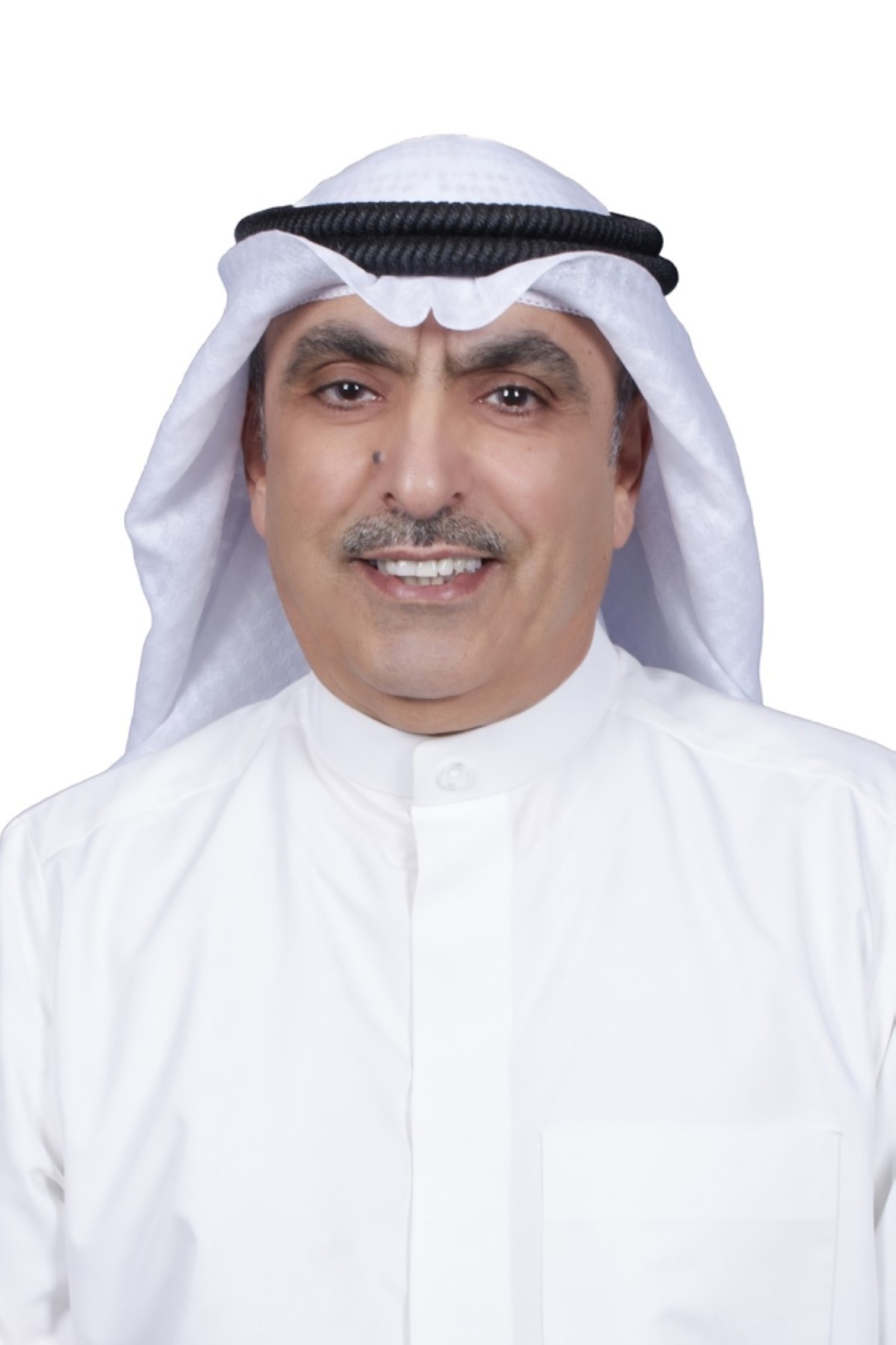WASHINGTON: Acting Director General of the Kuwait Fund for Arab Economic Development (KFAED), Waleed Al-Bahar, said Friday that Kuwait, represented by KFAED, is eager to attend the annual meetings of the World Bank Group (WBG) to promote economic and social development cooperation. Speaking to KUNA, he said Kuwait, which has been in close relations with the WBG since 1960, supports the goals and operations of the WBG and IMF by regularly contributing to their development resources.
He added that he had already held meetings with government representatives, ministers of finance, planning, and international cooperation, and chiefs of development institutions on the sidelines of the two UN bodies’ spring meetings that last until April 20. The meetings, he elaborated, focused on aspects of cooperation in the areas of promoting economic and social development worldwide amid mounting challenges developing countries are facing. He noted that he had also participated in the joint development meeting of the WBG and IMF, which defined their general trends and strategic trends.
The meeting looked into the WBG’s development roadmap and regulations in the context of the fresh vision that was adopted by the two bodies’ board of governors during their annual meetings in 2023, he said. Earlier in the day, the KFAED signed a memorandum of understanding for development cooperation with the International Labor Organization. The MoU was co-signed by KFAED’s Acting Director General Waleed Al-Bahar and ILO’s Assistant Director-General for External and Corporate Relations, Laura Thompson, on the sidelines of the 2024 spring meetings of the International Monetary Fund and the World Bank.
KFAED said in a statement that the MoU aims at establishing a framework of technical cooperation and coordinating joint action in the realms of economic and social funding in developing countries, in addition to mutual coordination for the sharing of expertise. The MoU, with a five-year renewable mandate, focuses on cooperation in activities that meet the two sides’ objectives in developing countries.
Co-financing platform
Meanwhile, a coalition of 10 multilateral development banks (MDBs) launched a new co-financing platform that will enable them to channel additional capital for development scale and impact. The Global Collaborative Co-Financing Platform will consist of the digital Co-Financing Portal, which will create a secure platform for registered co-financiers to share project pipelines,” according to a statement released by the World Bank on Friday.
This tool, hosted at the World Bank, will increase efficiency and transparency and make it easier for MDBs to share information and identify opportunities for co-financing. The platform also includes the "Co-Financing Forum,” which will provide a space for participants to discuss co-financing opportunities, best practices, and common issues and will support ongoing efforts to coordinate policies to reduce the burden on partner countries.
For countries, the new platform will reduce the administrative burden and transaction costs and enable better coordinated financing in line with their priorities, resulting in greater development impact. By leveraging partnerships and promoting transparency, the platform will enable MDBs, partner agencies, and client countries to address global challenges more effectively and efficiently. Strengthening partnerships is a key element of the World Bank Group’s new playbook aimed at boosting impact.
Co-financing has been identified as an effective way to improve strategic alignment, crowd in concessional resources, promote efficiency, and strengthen coordination, the statement noted. MDBs that will be part of the new co-financing platform include: African Development Bank, Asian Development Bank, Asian Infrastructure Investment Bank, Council of Europe Development Bank, European Bank for Reconstruction and Development, European Investment Bank, Inter-American Development Bank, Islamic Development Bank, New Development Bank, and the World Bank Group.
The new financial instruments designed to boost lending capacity and enable the World Bank Group to take on more risk for shared global challenges have received a significant endorsement. A set of 11 countries announced commitments today for the Portfolio Guarantee Platform, hybrid capital mechanism, and new Livable Planet Fund totaling $11 billion, according to the statement. The World Bank Group’s unique leveraging capability enables the resources pledged to hybrid capital and the Portfolio Guarantee Platform to be multiplied six to eight times over 10 years. — KUNA


